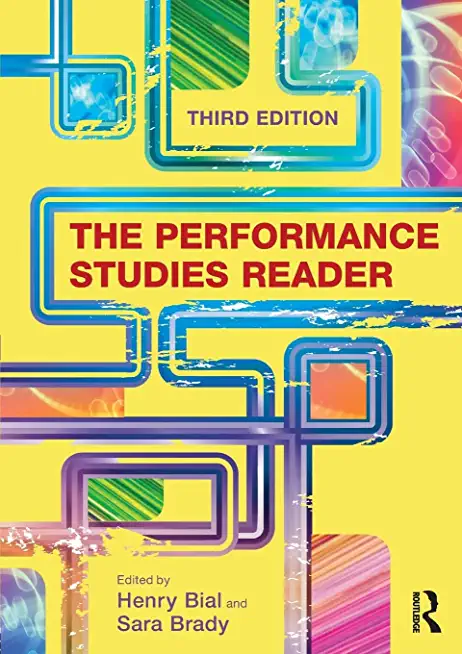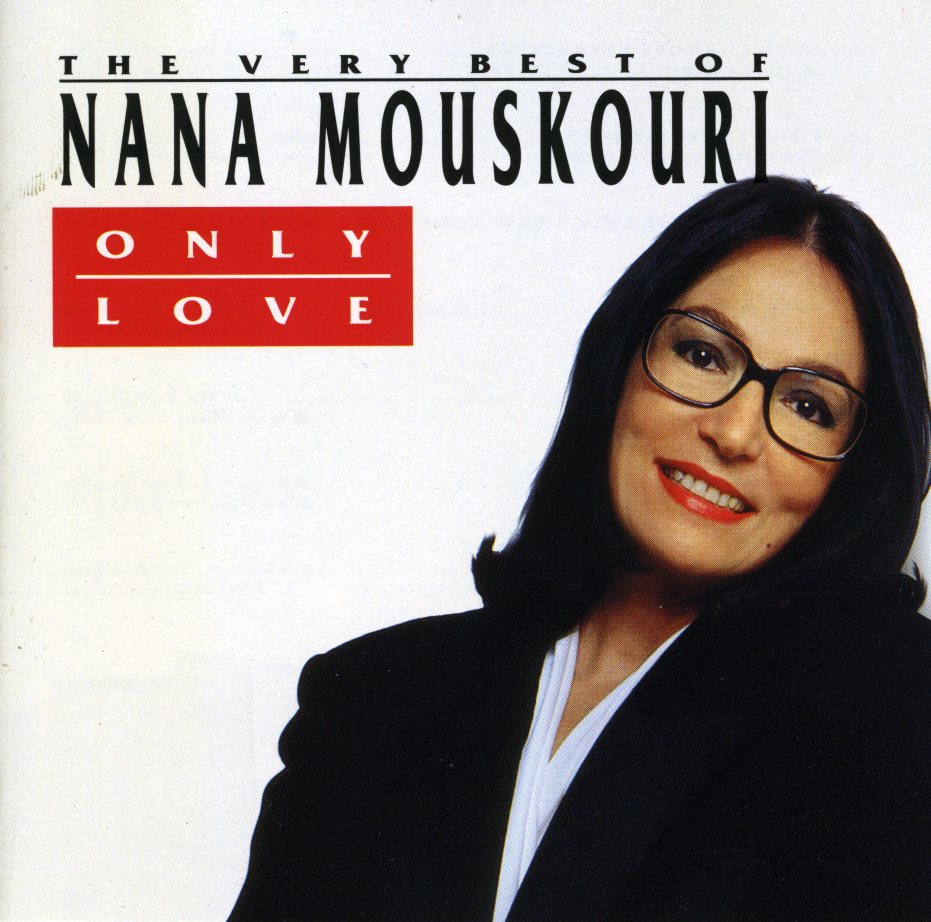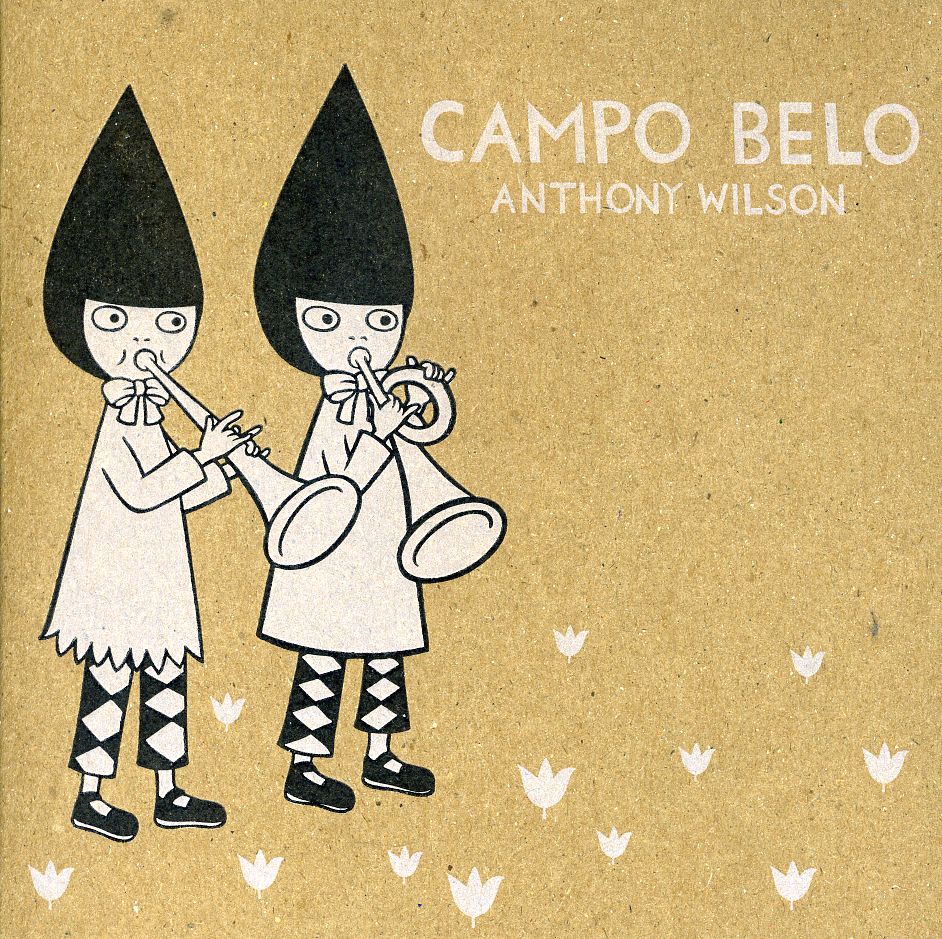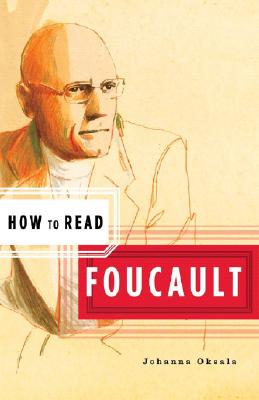
Michel Foucault was a philosopher of extraordinary talent, political activist, social theorist, cultural critic, and creative historian. He irreversibly shaped the way we think today about such controversial issues as power, sexuality, madness, and criminality.
Johanna Oksala explores the conceptual tools that Foucault gave us for constructing new forms of thinking as well as for smashing old certainties. She offers a lucid account of him as a thinker whose persistent aim was to challenge the self-evidence and necessity of our current experiences, practices, and institutions by showing their historical development and, therefore, contingency.
Extracts are taken from the whole range of Foucault's writings--his books, essays, lectures, and interviews--including the major works History of Madness, The Order of Things, Discipline and Punish, and The History of Sexuality.
member goods
listens & views
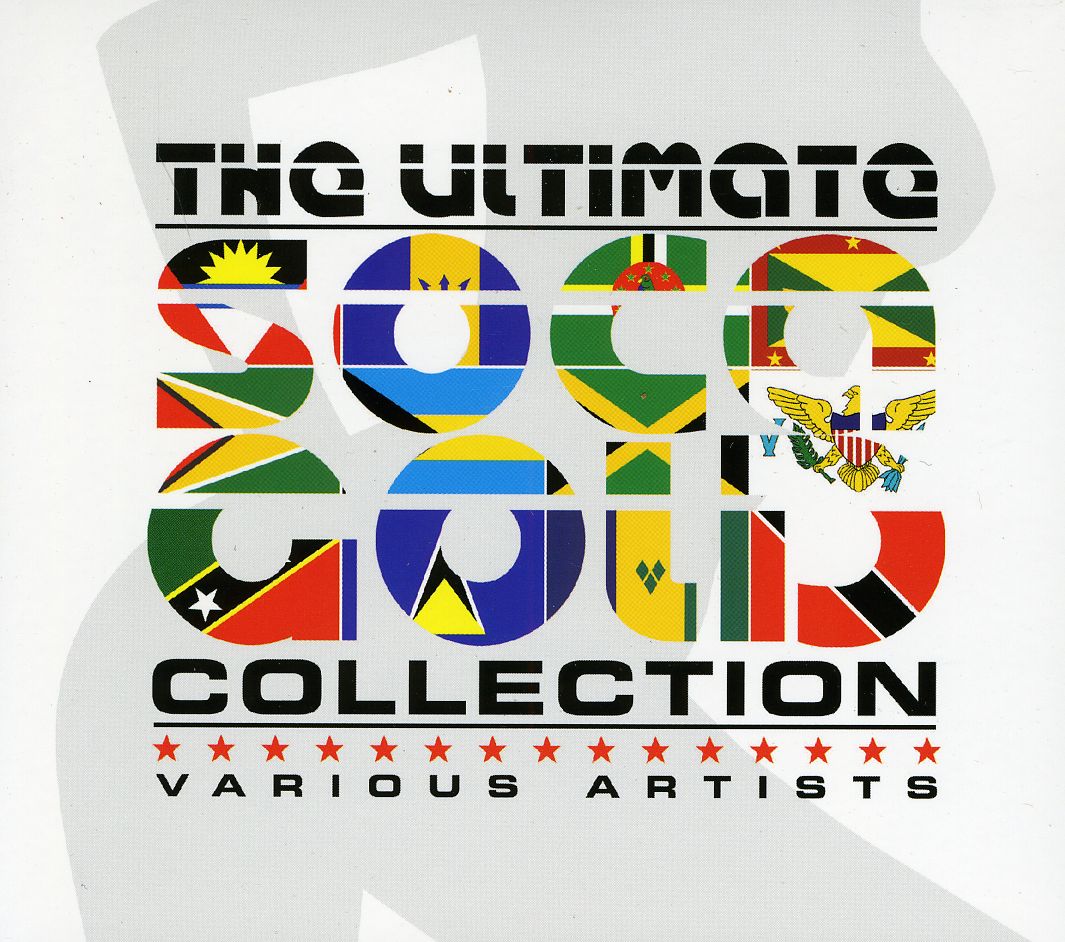
SOCA GOLD THE ULTIMATE COLLECTION ...
by SOCA GOLD THE ULTIMATE COLLECTION / VARIOUS
COMPACT DISCout of stock
$18.99


